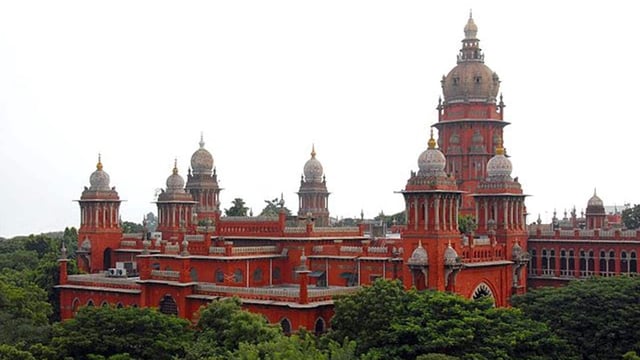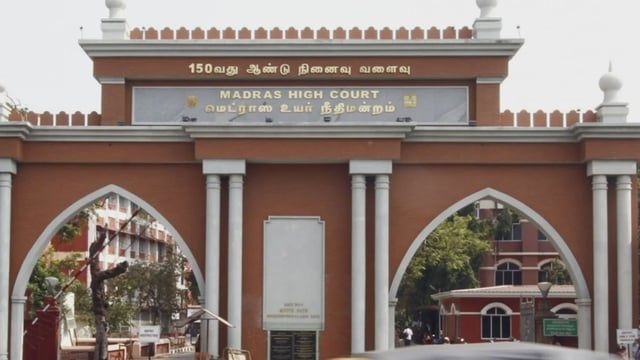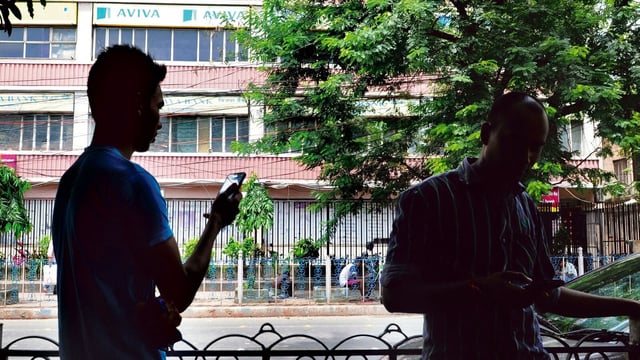Overview
- Justice N. Anand Venkatesh set aside the Union Home Affairs’ 2011 authorization as ultra vires Section 5(2) of the Indian Telegraph Act and beyond the procedural safeguards of Rule 419A.
- The court reaffirmed that intercepting telephonic conversations for covert crime detection infringes the fundamental right to privacy guaranteed under Article 21.
- All conversations intercepted under the impugned order must be disregarded, while evidence collected independently of those intercepts remains admissible.
- By relying on PUCL (1997) and Puttaswamy (2017) precedents, the judgment underscored the need for explicit legislative authority, judicial oversight and fair procedure for lawful interception.
- The decision clarifies that phone tapping is confined to situations of public emergency or public safety, excluding its use in secretive investigations of ordinary crimes.



